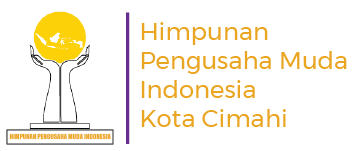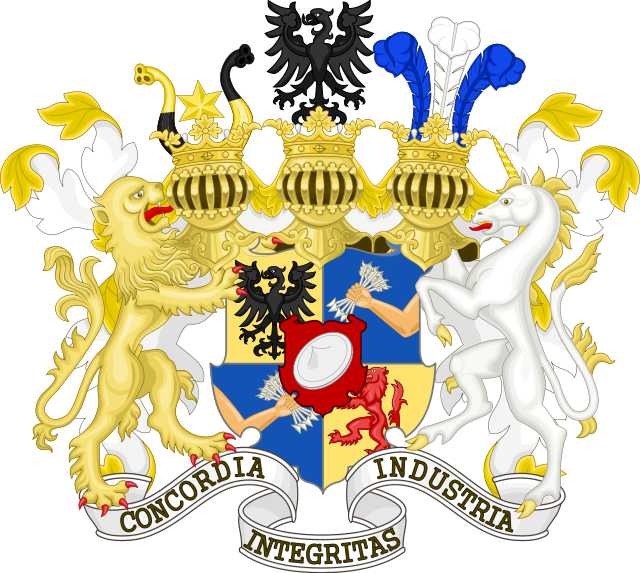Green Entrepreneurship in Islam: Young Business Leaders Pioneering Sustainability
In recent years, the world has witnessed an increasing concern for environmental sustainability and the need to address the challenges posed by climate change. In this global effort, young entrepreneurs are playing a pivotal role in driving innovation and change. One particularly inspiring group of entrepreneurs is emerging from an unexpected source: the intersection of Islamic values and environmental consciousness. These young business leaders are pioneering the concept of green entrepreneurship in Islam, demonstrating that faith and sustainability can go hand in hand.
Foundations in Islamic Principles: Stewardship and Accountability
Central to the concept of green entrepreneurship in Islam is the principle of stewardship, known as "khilafah" in Arabic. Muslims believe that they are stewards of the Earth, responsible for taking care of its resources and protecting the environment. This principle is rooted in the Quranic teachings that emphasize balance and moderation in the use of natural resources. Surah Al-A'raf (7:31) states, "Eat and drink, but be not excessive. Indeed, He likes not those who commit excess."
Incorporating these principles into entrepreneurship, young Muslims are recognizing the ethical imperative to consider the environmental impact of their business endeavors. This has led to the emergence of businesses that prioritize sustainability, resource efficiency, and the reduction of waste.
Innovative Ventures with Environmental Consciousness
The landscape of green entrepreneurship in Islam is diverse and expanding rapidly. Young Muslim entrepreneurs are venturing into various sectors, adopting sustainable practices and technologies that align with their faith values. Here are some examples of innovative ventures:
Halal and Sustainable Food Ventures: Young entrepreneurs are focusing on providing halal (permissible in Islam) and sustainable food options. From organic farming and ethically-raised livestock to reducing food waste, these ventures are tackling environmental concerns while adhering to Islamic dietary laws.
Eco-Friendly Fashion: Islamic values encourage modesty and ethical behavior. This has inspired young entrepreneurs to create fashion brands that promote sustainable and ethical practices, from sourcing environmentally-friendly materials to ensuring fair labor conditions.
Renewable Energy Initiatives: Recognizing the importance of reducing dependence on fossil fuels, young Muslims are investing in renewable energy projects such as solar and wind power. These ventures not only contribute to sustainable energy solutions but also align with the principle of responsible resource use.
Social Enterprises: Many young entrepreneurs are establishing social enterprises that address local environmental challenges. These ventures often engage with local communities to create solutions that benefit both people and the planet.
Challenges and Opportunities
While green entrepreneurship in Islam holds great promise, it also faces its share of challenges. One major hurdle is the misconception that economic growth and environmental protection are mutually exclusive. However, young Muslim entrepreneurs are actively debunking this notion by showcasing how sustainable practices can lead to both financial success and environmental preservation.
Moreover, these entrepreneurs are leveraging technology and social media to raise awareness about the importance of green entrepreneurship within the Muslim community. They are demonstrating that embracing sustainable practices is not only consistent with Islamic teachings but is also a means of fulfilling the responsibility of khilafah.
Conclusion
In 2023, the rise of green entrepreneurship within the Islamic world signifies a growing trend that combines faith-based values with environmental consciousness. Young Muslim business leaders are redefining entrepreneurship by demonstrating that sustainable practices can align with Islamic principles, resulting in a positive impact on both society and the planet. As these entrepreneurs continue to innovate and inspire, they pave the way for a more sustainable and harmonious future that embraces the ethical imperatives of Islam and the global imperative of environmental stewardship.






